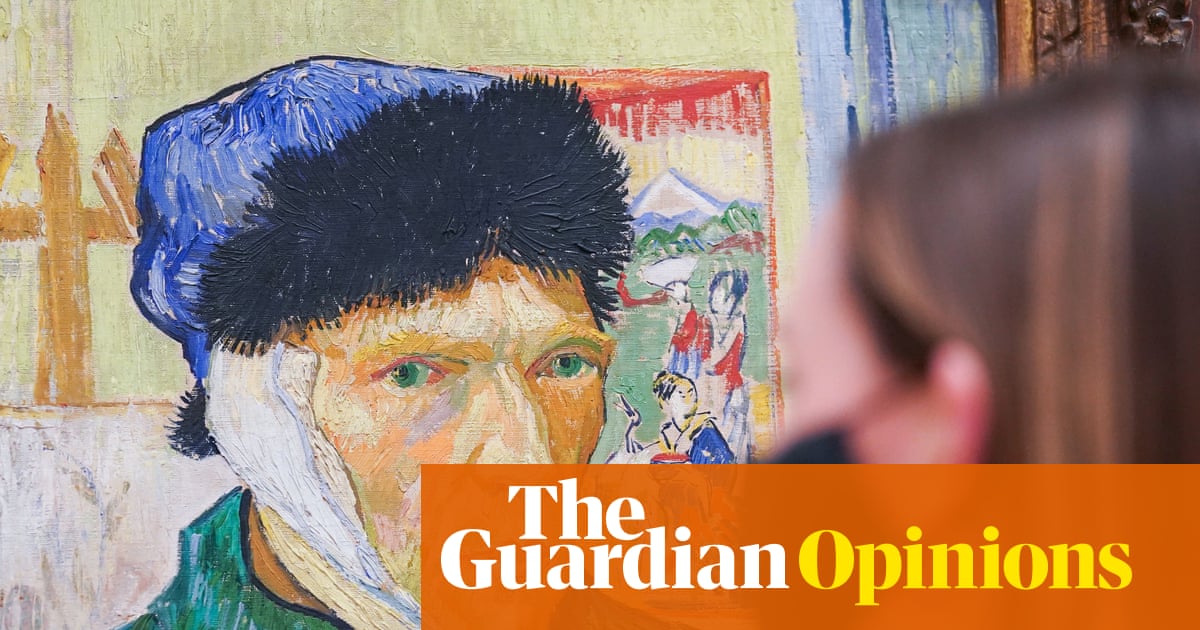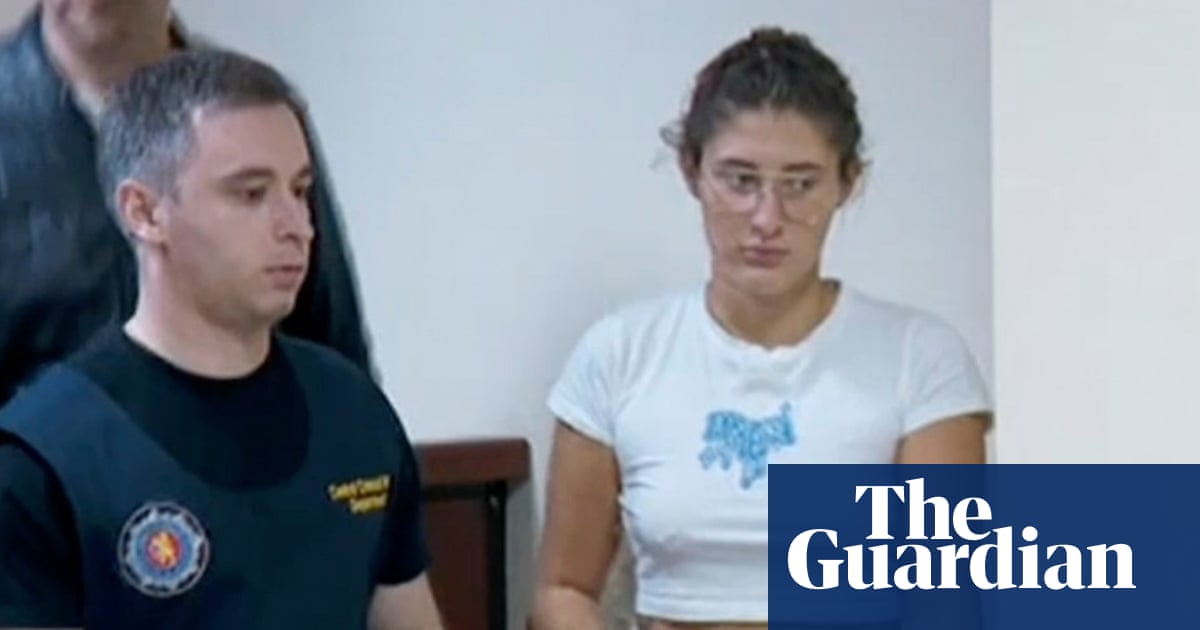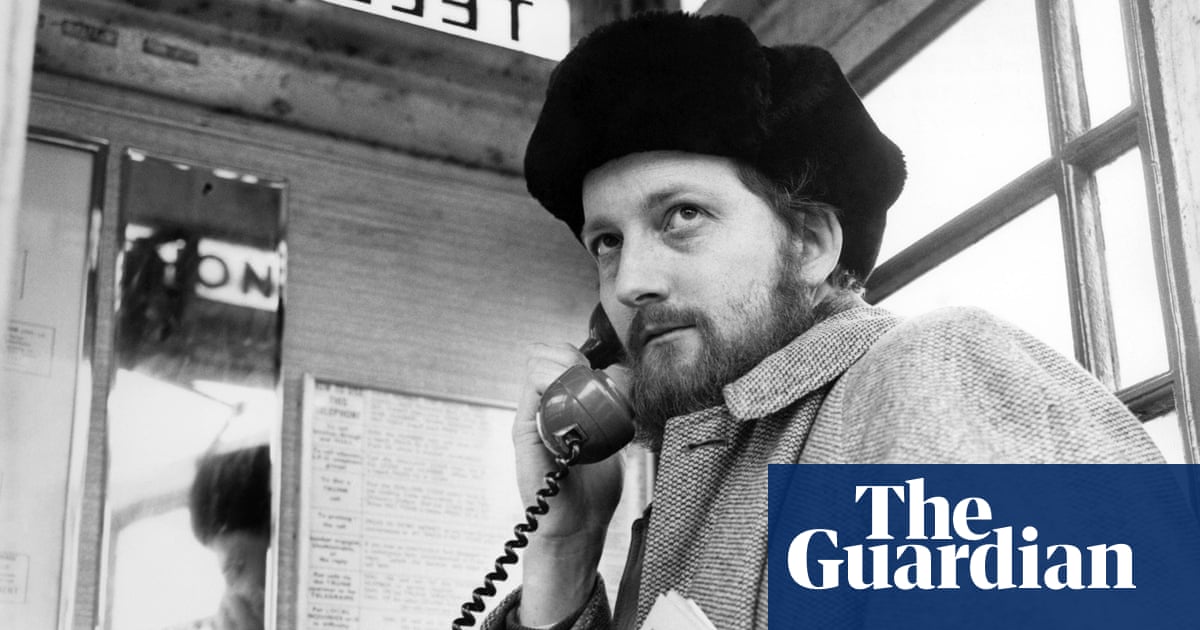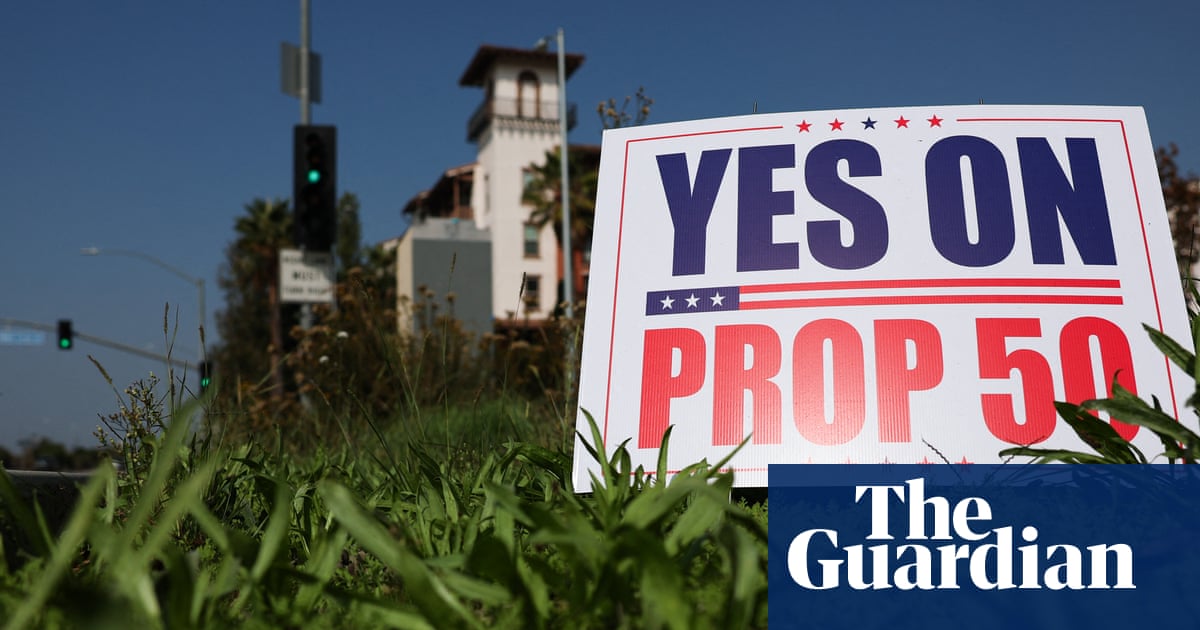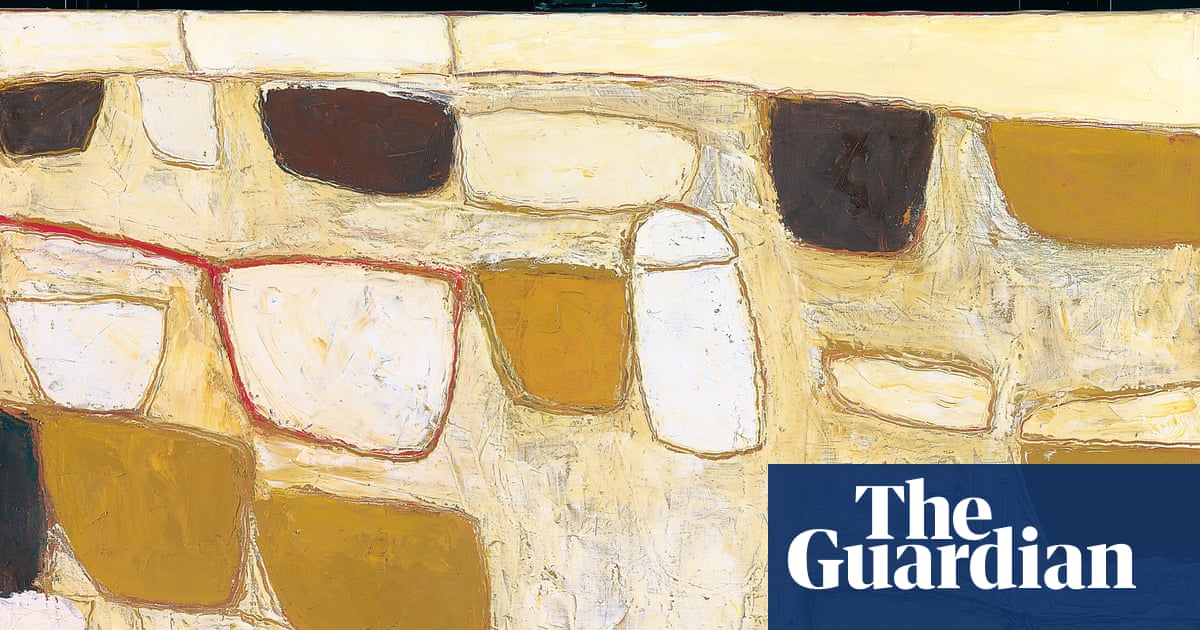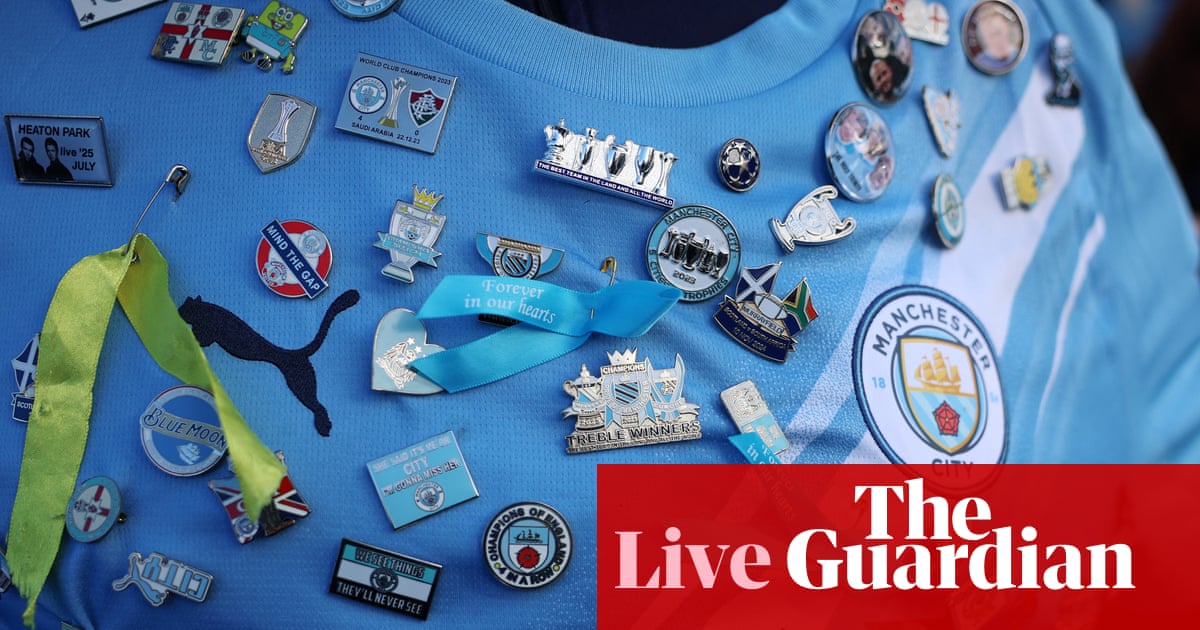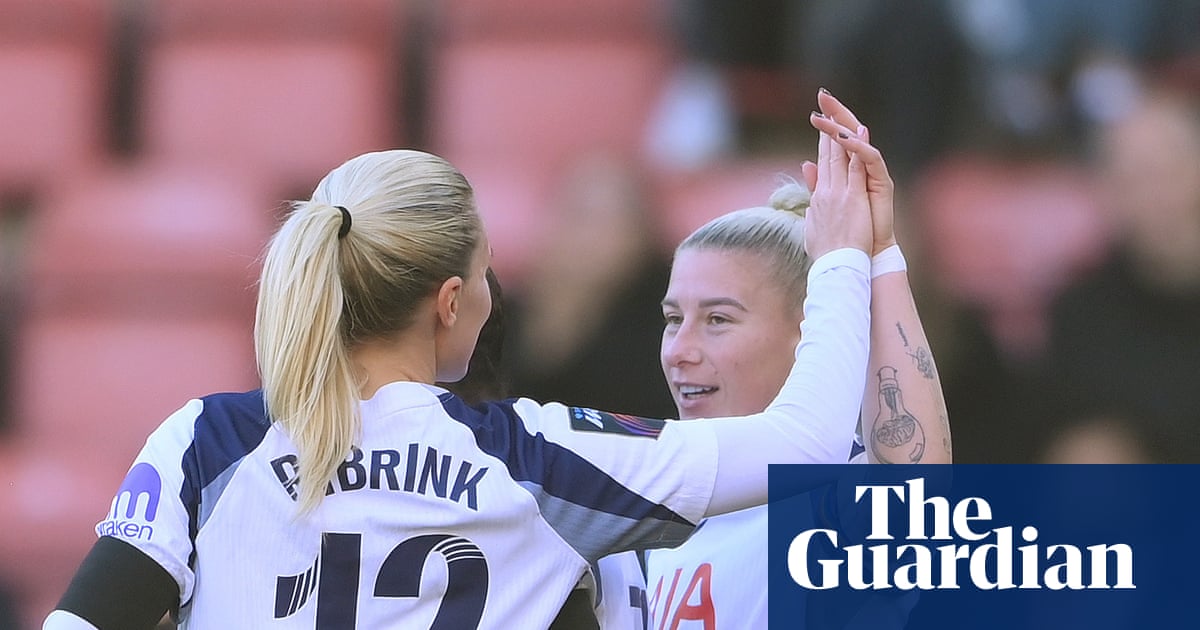We Love You, Bunny, is the much-anticipated sequel to Mona Awad’s beloved campus horror/satire of 2019, Bunny. Both books are set at an Ivy League university in a crime-ridden New England town; from various well-seeded clues, we can identify this as Brown University. Here it is called Warren, because the Bunnyverse is unabashedly silly and self-referential. Rabbit jokes abound.
The first book followed Samantha, an alienated, cash-strapped creative writing student cold-shouldered by her workshop cohort, a cabal of four ultra-feminine rich girls who all call each other Bunny. The Bunnies wear fluffy dresses, eat mini food and – as Samantha learns when she’s finally inducted into their cult – express their creativity through demonic rites that involve exploding rabbits. Samantha has to transcend them to find her voice as an artist. The story of Bunny is the result.
We Love You, Bunny begins with Samantha bound and gagged in an attic. The Bunnies surround her, congratulating her venomously on the success of her book. Now they want to tell their story. Passing an axe like a talking stick, they introduce us to four versions of their Bunny-centric world. Then they pass the mic to a special guest.
This follow-up has the key strengths of the original, particularly its scabrous satire on upper-middle-class American femininity. The Bunnies binge-watch reality TV show The Bachelorette, are performatively gaga for the Brontës and Virginia Woolf, and hug each other incontinently, squealing insincere endearments. Their narcissism, when thwarted, fuels a rage that becomes only more explosive for being repressed. Their friendship is a psychic mind-meld that threatens to dissolve them, even as they resent, denigrate and seek to crush each other. Each Bunny writes in a precious-girl genre: the proem; the Angela Carter sex-with-monsters story; Kathy Ackerish shock porn; a post-feminist work apostrophising kitchen appliances. One Bunny imagines her mentor saying: “I will help you birth [this book] from your mind’s vagina … into a living entity of double-spaced pages beautifully screaming.”
There is a brinkmanship to this kind of satire; it can all too easily cross into misogyny. But while Awad happily annihilates these characters, she seems to get a real kick out of femmeness, and even bitchiness. She fully understands the appeal of drinking a London Fog with a hot friend whose allegiance to you is uncertain, but whose apartment is much nicer than yours, and whose dedication to braiding your hair is total.
We Love You, Bunny suffers from a certain sequelitis. It’s baggier than the original. Its metaphors for creativity feel less earned. The game of visiting each Bunny’s point of view also disappoints. They remain two-dimensional mean girls, each a slightly different flavour of shallow, insecure, pretentious and cruel. Where their viciousness is explained, it’s the legacy of wealthy families who can’t love. This use of popular-girl tropes was brilliant in Bunny, where the Stepford wife sameness was key to the horror, and Samantha’s longing/loathing implicitly made it partly her projection. Here, inhabiting their loathsomeness becomes a bit of a chore.
This is redeemed, however, when we come to the last voice of the novel. As those who have read it will remember, the exploded rabbits turn into hot-boyfriend golems with rabbit paws. Here we meet the first of these bunnymen, who comes into existence wearing the pearls of one Bunny and the dress of another, while carrying the axe of a third (a tool which sees plenty of use by the novel’s end). Unlike his successors, he is fully anatomically human and has a mind of his own, while remaining a Bunny product. Named Aerius after an allergy medication, he tells his story in a Brontë/chicklit Frankenspeech, peppered with both smiley and frowny faces, cutesy neologisms such as “Manny Scripts” and “Lappy Top” and words like “twas” and “afeared”. He’s prone to rhapsodising in breathless fragments: “The hum of Grasses! The Moon casting her slivery Light on my Face! Aerius felt alive!” In short, he is both adorable and hilarious.
Toward the end, a writing professor passes judgment on the story we’re in: “A touch too camp. Zany. A sort of zany romantasy, isn’t it?” Yes, it is, but Awad is here to show us that romantasy can be serious literature, and nothing can really be too camp. And if We Love You, Bunny has weaknesses endemic to sequels, it also has their strengths. There’s the fun of meeting the old characters and seeing areas we wondered about before, but it also builds on the original, opening up new territory and making new jokes. And though it’s better to start with the first novel, We Love You, Bunny can be read alone. It’s a goofy, overblown flower of a book with lots of thorns that pleasurably scratch.
We Love You, Bunny by Mona Awad is published by Scribner (£16.99). To support the Guardian order your copy at guardianbookshop.com. Delivery charges may apply.

.png) 1 month ago
38
1 month ago
38


